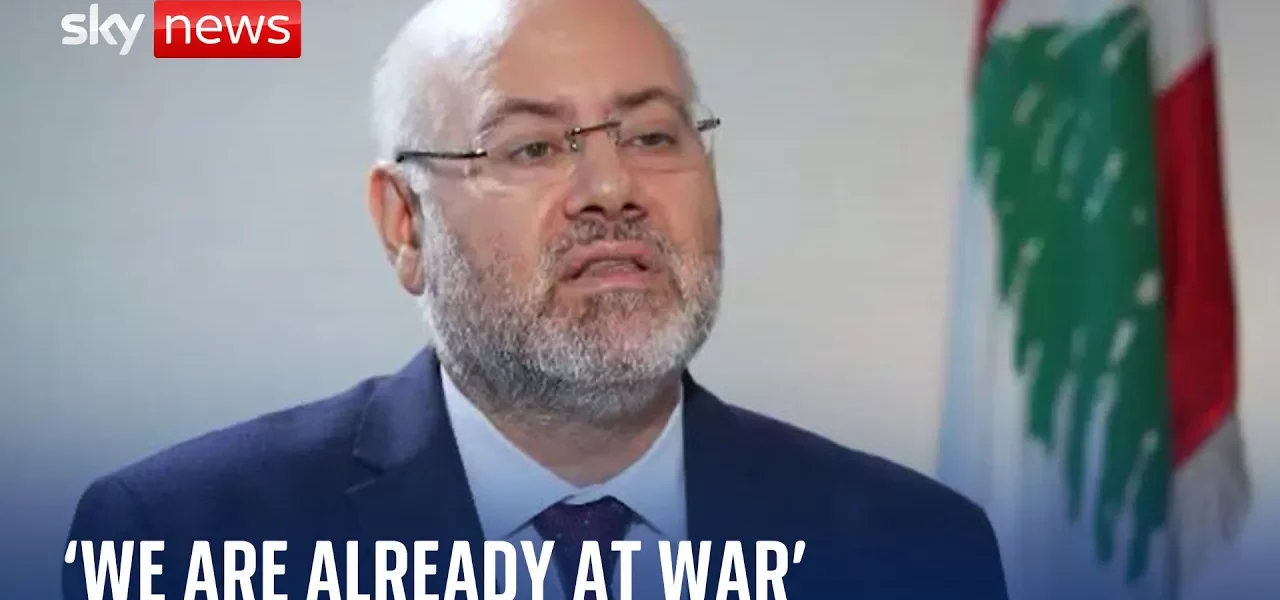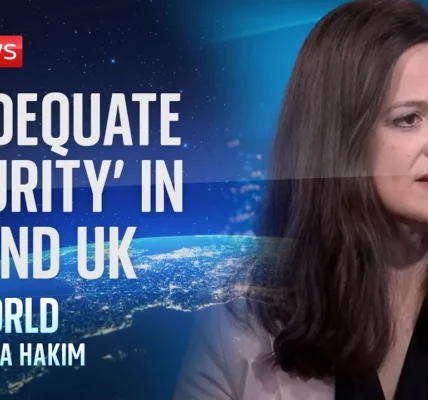Latest Update on the Humanitarian Crisis in Lebanon

The situation in Lebanon has reached alarming levels as consecutive attacks lead to unprecedented casualties and a significant humanitarian crisis. This article provides a comprehensive overview of the latest statistics, the impact on civilians, and the state of healthcare facilities amidst the chaos.
Introduction
In recent weeks, Lebanon has been facing an unprecedented crisis as a result of intense military actions that have led to severe casualties and displacement among its civilian population. The ongoing attacks have left more than 700 individuals dead and nearly 5,000 injured, with the vast majority being innocent civilians. This article delves into the statistics surrounding the crisis, the challenges faced by healthcare workers, and the broader implications for the region.
Casualty Figures and Impact on Civilians
The ongoing conflicts in Lebanon have led to staggering casualty figures. Recent reports indicate that:
- Over 700 individuals have been reported killed.
- Approximately 5,000 individuals are injured, including a significant number of women and children.
- More than 20 ambulances and emergency service vehicles have been targeted during attacks.
- At least 160 casualties among women and children have been confirmed.
The United Nations has reported fatalities among its personnel, highlighting the severe impact of the conflict on humanitarian efforts. Notably, the attacks on Monday marked the highest casualty rate in a single day since the Lebanese Civil War, underscoring the severity of the current crisis.
Displacement and Exodus of Civilians
The violence has caused a mass exodus from targeted areas, with thousands of civilians fleeing to safety. Key points include:
- Reports indicate that at least 200,000 individuals have been displaced in a single day due to the attacks.
- There are unconfirmed reports of individuals facing extreme difficulties on evacuation routes, taking upwards of 12 to 18 hours to traverse blocked roads.
- Estimates suggest that nearly half a million people are currently displaced, significantly surpassing the numbers reported during the 2006 conflict.
The situation is exacerbated by panic and terror tactics that appear to be aimed at creating widespread fear and dislocation among the Lebanese population.
Healthcare System Under Siege
The healthcare system in Lebanon is facing an unprecedented crisis due to the overwhelming number of casualties. Key challenges include:
Overwhelmed Hospitals
Hospitals across Lebanon are struggling to cope with the influx of injured individuals. Many facilities were already at capacity prior to the recent escalation. The coordination among hospitals has been crucial. Measures taken include:
- Establishing a strong coordination network between hospitals and ambulance services to manage patient distribution.
- Transferring patients to facilities in northern Lebanon that are not directly targeted.
- Preparing for mass casualties by increasing inventory levels of medications and medical supplies.
International Aid and Support
To assist the healthcare system, Lebanon has received international support, including:
- Medical supplies and medications from countries like Turkey, Egypt, and Jordan.
- Interest from international organizations to provide additional support and resources.
The Need for a Ceasefire
The call for a ceasefire is becoming increasingly urgent. Key points regarding the need for a ceasefire include:
- The necessity of protecting civilians and adhering to international humanitarian laws.
- Ensuring that healthcare workers are not targeted in the ongoing violence—28 healthcare professionals have already lost their lives.
- Pressure on the international community to intervene and advocate for a diplomatic resolution to the conflict.
Conclusion
The crisis in Lebanon continues to escalate, with staggering casualties and a healthcare system under immense pressure. The need for international intervention and a ceasefire is imperative to protect civilian lives and restore order. As the situation evolves, it is crucial for the global community to advocate for peace and humanitarian support. We encourage readers to stay informed and support initiatives aimed at providing assistance to those affected by the crisis.
“`




